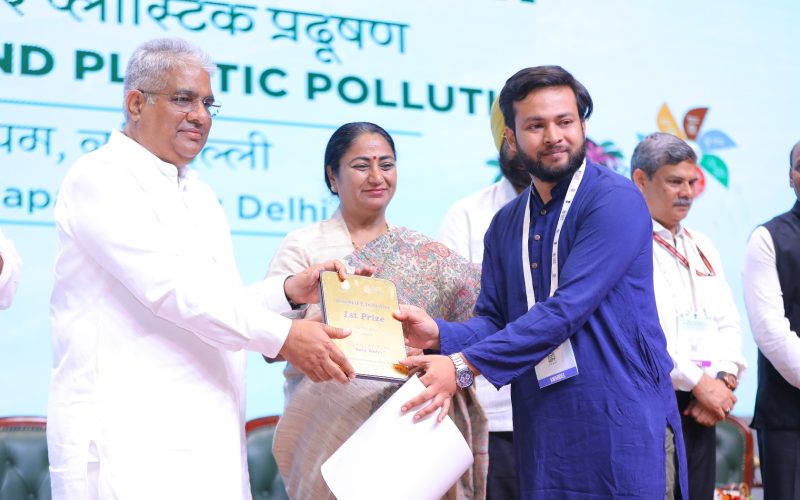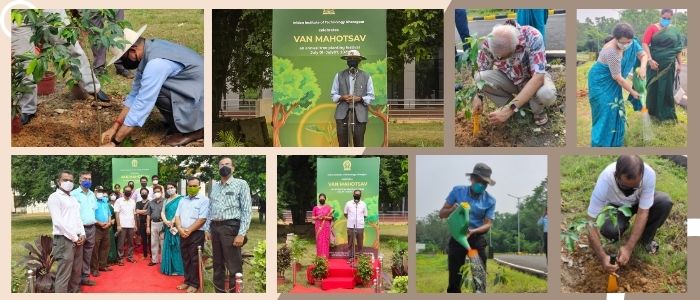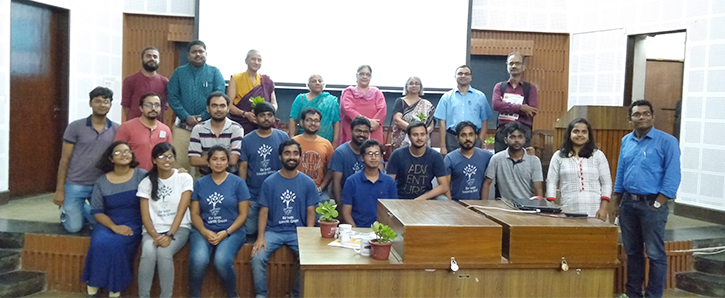
IIT Kharagpur Team Secures National Win in Ideas4Life Ideathon for “Save Water”
A team from IIT Kharagpur comprising Rajarshi Bhar, Joydeepa Taran and Anil, guided by Prof. Brajesh Kumar Dubey from the Department of Civil Engineering, IIT Kharagpur has been awarded the first prize in the Ideas4Life initiative of the Ministry of Environment, Forest & Climate Change under the category of “Save Water.” The winners were felicitated on the World Environment Day function on 5th June, 2025 at Bharat Mandapam, New Delhi. Shri Bhupender Yadav, Union Minister of Environment, Forest and Climate Change applauded the initiative, stating it had successfully surfaced innovative, citizen-centric, and sustainable solutions that pave the way for environmentally…


